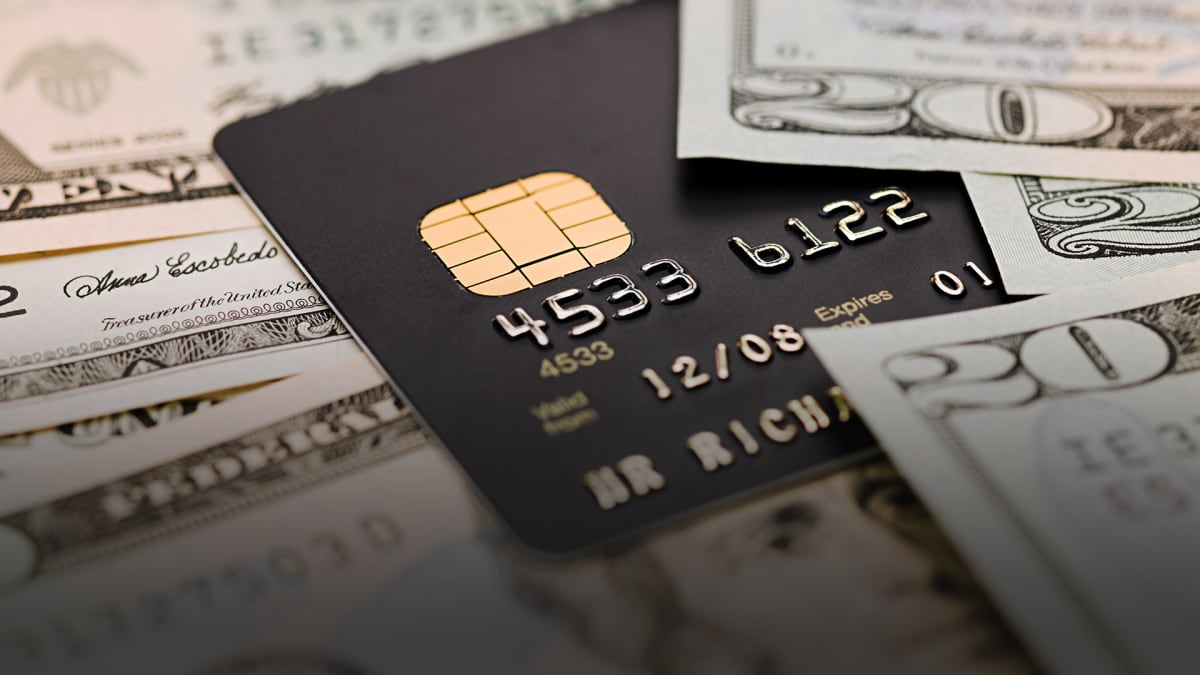
Thanks to inflation, everything costs more.
And according to the Federal Reserve, America’s collective credit card debt is bigger than it's ever been.
DON'T MISS: American Airlines Pushes Back On Antitrust Ruling
The Federal Reserve has reported that America is carrying nearly $1 trillion in credit card debt. This debt has increased by nearly $250 billion since April 2021, when it was nearly $740 billion. And according to Bankrate, 46% of cardholders are carrying a balance from month to month, meaning they do not pay their bill off at once, up from 39% a year prior.
While the average amount of debt that Americans have on their credit card is unclear, USA Today estimates it at around $7,951, based on data from the Federal Reserve Bank of New York and the US Census Bureau.
Additionally, the average interest rate in the first quarter of this year was 20.92%, according to WalletHub, which is the highest number since the Fed began keeping track of this information in 1994. For new cards, the annual percentage average was 22.15%, which is up from 18.32% during the same time period a year ago.
Since the pandemic, the Federal Reserve has continued to raise interest rates, while consumer spending on vacations, good and eating out has been on the rise.







